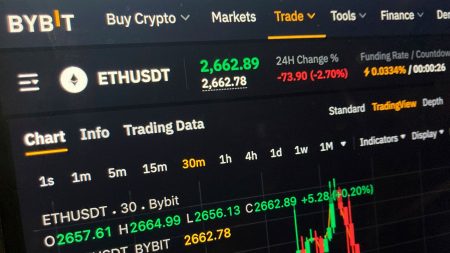1. Introduction to the Bid and Immediate Reaction
In a surprising move, Elon Musk recently made a $97.4 billion offer to acquire OpenAI, a company he co-founded with Sam Altman in 2015. However, the offer was swiftly rejected by Altman, who emphasized that both the company and its mission are not for sale. This swift rejection underscores the tense relationship between the two former collaborators, reigniting a long-standing feud.
2. Background on the Partnership and the Split
The story of OpenAI began optimistically in 2015 when Musk and Altman, along with other tech entrepreneurs, aimed to develop artificial general intelligence (AGI) for humanity’s benefit. However, their collaboration ended in 2018 due to a power struggle. Musk’s desire for control led to his departure, taking with him a promised $1 billion donation. This acrimonious split set the stage for future conflicts.
3. OpenAI’s Strategic Shift and Funding Challenges
Post-Musk, OpenAI faced financial challenges. To compete with rivals like Google’s DeepMind, Sam Altman established a for-profit subsidiary, securing investments from Microsoft. This strategic move aimed to raise capital needed to pursue AGI, indicating a shift towards sustainability in a competitive AI landscape.
4. Musk’s CounterMoves and Legal Battles
Unhappy with OpenAI’s new direction, Musk launched xAI and sued OpenAI, accusing it of becoming a Microsoft subsidiary focused on profit over humanity. Musk’s court filing alleged that OpenAI misrepresented its commitment to open-source technology, sparking a legal battle that highlighted ideological differences between the two tech leaders.
5. Current Restructuring and Musk’s Bid Implications
OpenAI is transitioning to a for-profit model, with Altman needing to purchase the company from its non-profit arm, valued at $40 billion. Musk’s bid complicates this process, potentially disrupting Altman’s control and forcing a revaluation. While some see this as a strategic move to increase the purchase price, others view it as a tactical maneuver in their ongoing rivalry.
6. Concerns Over Power Consolidation and Future Implications
If successful, Musk’s acquisition of OpenAI could consolidate his influence in AI, raising concerns about power concentration and potential misuse. Critics argue that Musk’s political influence could blend with his business ambitions, posing risks to the AI industry’s ethical development. This bid not only reflects personal animosity but also highlights broader issues of control and ethics in advanced technology.















